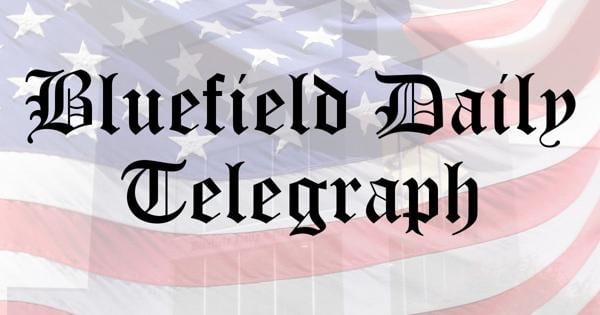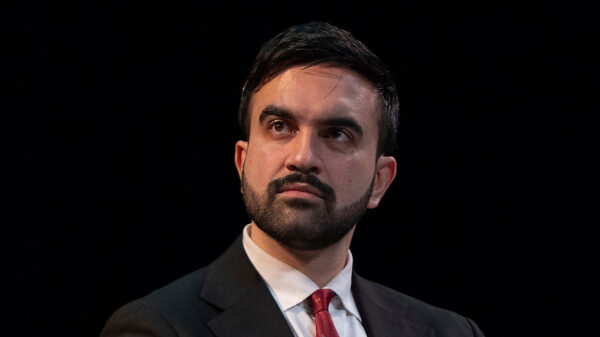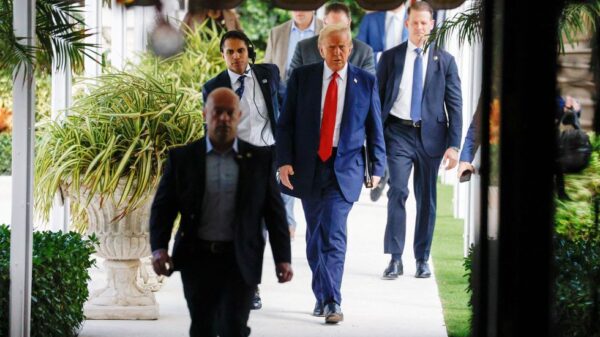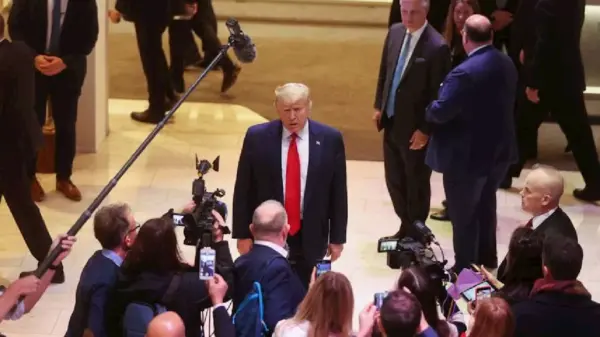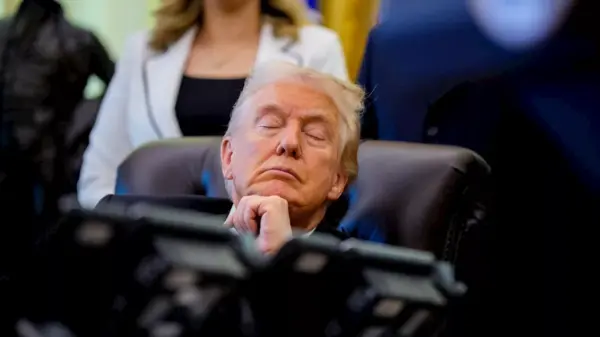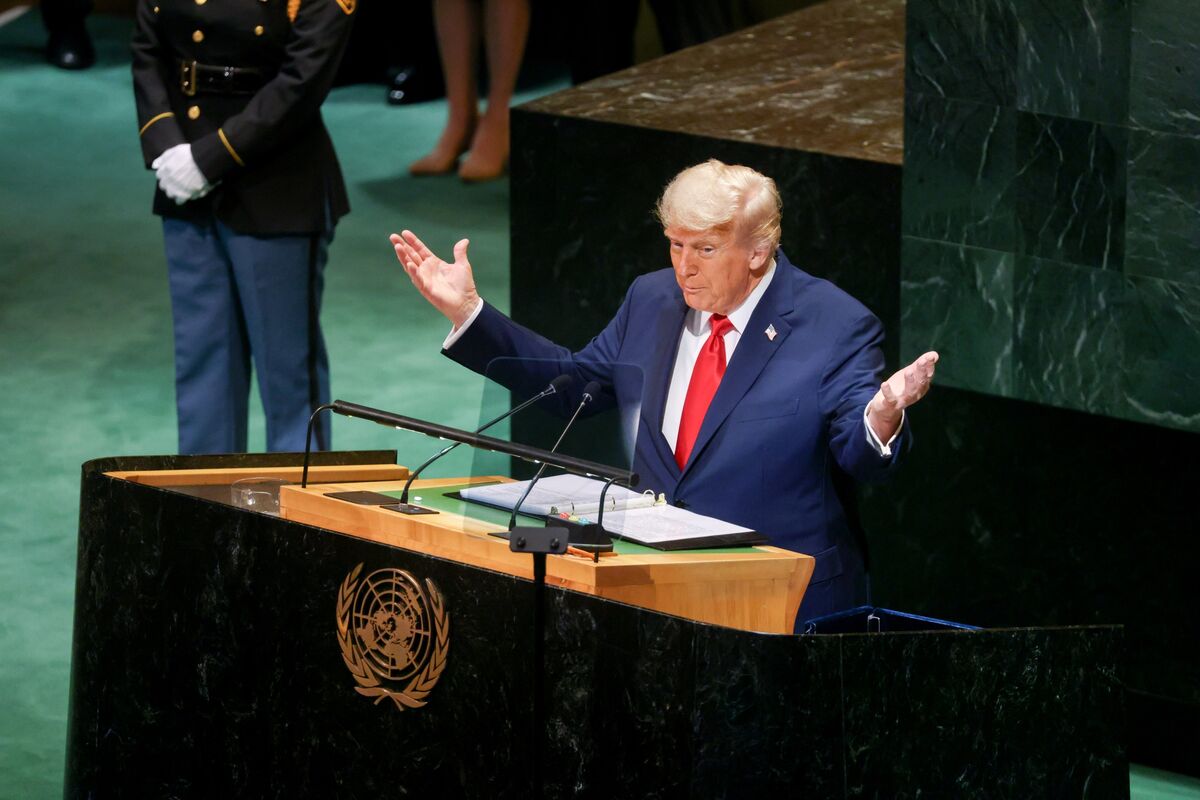Former President Donald Trump has publicly declared his ambition to secure the Nobel Peace Prize, stating that failing to win would be “a big insult” to the United States. This announcement comes as Trump seeks to bolster his legacy and influence in international affairs, particularly following his high-profile diplomatic efforts in the Middle East.
Trump’s comments were made during a recent interview at the White House, where he expressed confidence in his potential candidacy for the prestigious award. He emphasized that his administration’s peace initiatives, specifically aimed at normalizing relations between Israel and several Arab nations, should be recognized on a global stage. “If I don’t get it, it would be a huge disappointment,” he asserted.
The Nobel Peace Prize has long been a symbol of international recognition for significant contributions to world peace. However, the prospect of Trump winning the award has sparked varied reactions, especially in Norway, where the Nobel Committee is based. Some officials have voiced concerns regarding the potential backlash from Trump’s supporters if he does not receive the accolade. The committee has faced increasing scrutiny over the years regarding its selection process, leading to fears of political ramifications from disappointed candidates.
In the context of global diplomacy, Trump’s push for the Nobel Peace Prize is not without precedent. Previous winners have included figures who played pivotal roles in conflict resolution, and Trump’s administration has touted its achievements in the Middle East as groundbreaking. For instance, the Abraham Accords, which established normalization agreements between Israel and various Arab states, have been highlighted as significant progress in a historically volatile region.
As the announcement of the Nobel Peace Prize nominees approaches on October 9, 2023, speculation intensifies regarding Trump’s chances. Observers note that his controversial presidency has polarized opinions, making the likelihood of him receiving the award a contentious issue.
While Trump’s motivations for seeking the Nobel Peace Prize may stem from a desire for validation, analysts suggest that it could also serve as a strategic move to solidify his political capital ahead of future electoral campaigns. The recognition could enhance his standing among supporters who view his foreign policy initiatives favorably.
In addition, the political climate in the United States continues to evolve as Trump navigates the complexities of his post-presidency. His pursuit of the Nobel Peace Prize may resonate with his base, reinforcing his narrative of being a transformative leader. As discussions surrounding global peace efforts continue, the outcome of this pursuit remains to be seen.
Reactions to Trump’s ambitions are mixed, with some praising his diplomatic efforts while others remain skeptical about his motivations. The Nobel Committee, known for its impartiality, has yet to comment on Trump’s candidacy, emphasizing that nominations are confidential and based on merit.
As the deadline for nominations approaches, the world watches closely to see how Trump’s aspirations will play out. The implications of his potential recognition could reverberate beyond the realm of politics, influencing public perception and international relations in the years to come.









